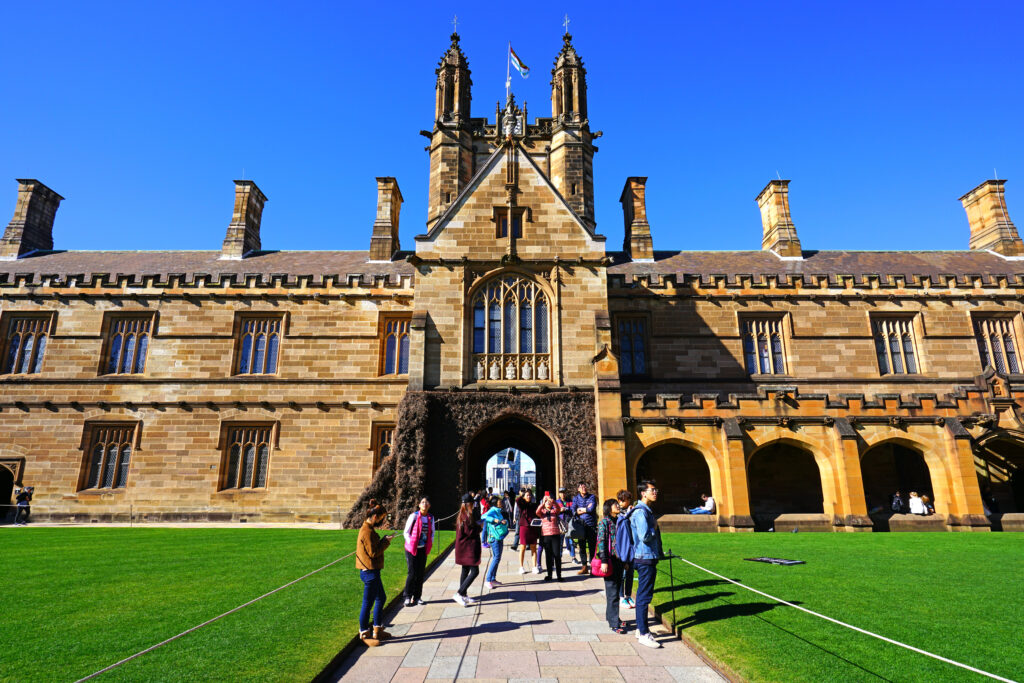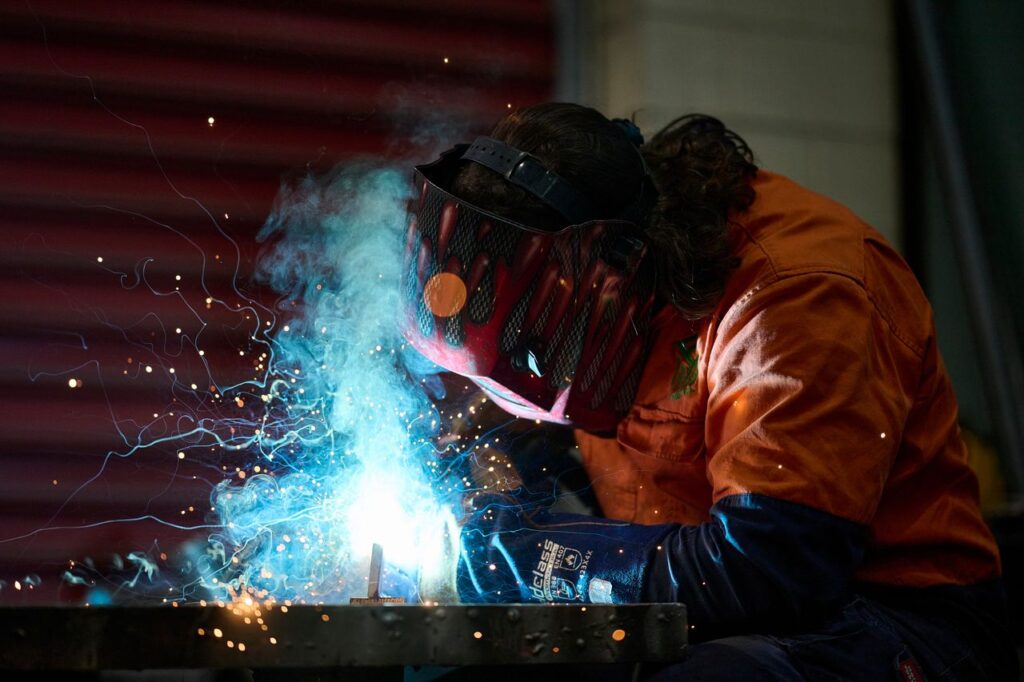After graduating, it can feel like you’re entering a whole new world. Suddenly, there are resumes to write, future studies to consider, career pathways to decide on, job applications to make, interviews to attend, work visas to apply for, healthcare plans to think about… sometimes, it can all feel a little overwhelming.
But don’t worry – while there’s a lot to think about, there are also plenty of pathways open to you after graduation. Today, we take a look at some of the things you can to do to make the next stage of your life’s journey as smooth as possible.
What if I want to keep studying?
If you’re still hungry to learn, taking on extra courses or extending your studies is a great way to build your qualifications and broaden your skill set.
Apply for a Masters, PhD or another Postgraduate course
Look around your university campus or website. Are the faculties you’re interested in offering any further Postgraduate courses, a Masters, or PhD? Perhaps there are scholarship opportunities aligned with your choice of study.
Seek out information on Postgraduate Information Nights, Open Days, and Closing Dates for submitting applications for further study. Keeping ahead of these dates can sometimes be tricky – even for local students – so if you’re ever in doubt, ask the institution directly so you don’t miss out.
Take a short course
Want to gain more skills and find part-time work while you search for your dream job? Get your Responsible Service of Alcohol (RSA) certificate, take a barista course, or train in first aid. Alternatively, invest in some vocational training by taking a TAFE course in your local area. Many of these courses provide helpful life skills that can be transferred to other workplaces, so it’s a great way to have fun, meet other students in your local community, learn something new and really stand out to potential employers.
If you do decide to take a short course, it needs to be with a CRICOS registered provider to comply with your visa conditions. You can check if the provider has a CRICOS number here. Also, when you finish university, make sure you obtain the right visa to study a short course. Usually, the visa you’re currently on aligns with the course you’re about to complete or have recently completed, which could change when you graduate. Allianz Global Assistance has put together a handy guide to the various types of visas available – you can read more on their website.
How do I find a job in Australia?
Job-hunting in Australia can feel daunting at first. The competition for jobs can be fierce and fast-paced. But don’t feel discouraged if you don’t find something right away – job-hunting is a skill in itself.
If you’re well-prepared and keep at it, you’ll be more skilled, grow in confidence, and soon learn all about finding a job in Australia. To get you started, here are our top five tips for mastering job interviews.
Create the perfect resume
Your resume is really important. It’s often the very first impression you’ll make on a potential employer – so you’ll definitely want it to stand out (for all the right reasons, that is!)
Make sure your resume clearly showcases your skills, abilities and achievements. Don’t just send out a generic resume; carefully read the job description and pick out the keywords. Respond to those keywords in your resume and tailor it to directly appeal to the company you’re applying for. You’ll also want to come off as confident, educated, reliable and professional: is your resume well formatted? Has it been spell-checked? Is it easy to read? Before making a submission, check out the top five mistakes students make on resumes.
Check in with your careers counsellor
Careers counsellors are well-informed about work opportunities in the local area. They can guide and support you, and offer honest advice about your career path. So, if you’ve just graduated and you’re feeling a bit lost (and ambitious!), they can be just the help you need to match you with a job that perfectly suits your skills. Your careers counsellor at university may be able to review your resume, put you in touch with others who can assist, or advise you on career pathways.
Browse job search websites
Websites like Seek, Adzuna, Career One, and the Australian Government job portal will be your go-to when hunting down jobs in your area. Make sure you sign up to their newsletters; this way, you’ll get the latest job vacancies sent straight to your inbox.
Find an internship
Completing an internship at a well-known company can make your resume look way more impressive. It’s best to start looking for internships while you’re at university, but you can apply for internships to gain new skills and make industry connections whilst you’re looking for a job as well.
Network, network, network!
Attend networking nights, conferences, business expos and local bar nights for people in your dream industry; volunteer for events; subscribe to newsletters; stay in the know. And, don’t be afraid to reach out to people working in the industry and ask for advice. Try making and carrying around a business card to hand to others.
Avoid work scams
While it can be tempting to jump straight into a job, remember to do your homework first to ensure you’ll be treated fairly as a worker in Australia. It’s unfortunate, but situations where employers underpay international student staff do sometimes occur. Are you being paid enough – at least the average minimum wage? Are you facing any discrimination as an international student? There are strong advantages to being an international student in the Australian workplace, so make sure you understand your worth. Check out the Fairwork Ombudsman’s Guide to Starting a New Job and know your rights before agreeing to take just any job.
How do I apply for a work visa?
If you’re interested in working in Australia, make sure you submit an Expression of Interest (EOI) in SkillSelect, the online visa application system run by the Department of Home Affairs. While the EOI itself is not a visa application, it can introduce you to potential employers in Australia. This may lead to them supporting your visa application.
In submitting an EOI, you may have to:
- Undertake recognised English proficiency tests
- Undergo a health examination
- Demonstrate relevant and valid qualifications
For more information on work visas, check out this handy guide.
What types of visas are available?
Australian temporary work visas sit in five broad categories:
Skilled Migrant Visas are granted to people with specific skills that Australian employers require. Apply via SkillSelect.
Sponsored or Nominated Work Visas are granted to people sponsored and nominated by an employer to stay and work in Australia. Apply via SkillSelect.
Business and Investment Visas are granted to people who intend to own and manage a new or existing business or investment activity in Australia. You must also be nominated by a state or territory government agency, and invited to apply by the Minister in that particular state or territory. Apply via SkillSelect.
Working Holiday Visas are granted to citizens from participating countries, between 18 and 30 years of age, who wish to undertake work for up to one year while travelling within Australia.
Temporary Graduate Visas are granted to people who wish to work in Australia, who have recently graduated from an Australian education institution.
For more detailed explanations about each visa type, check out this guide to working visas in Australia.
Healthcare – what do I need to know?
You’ve found your dream job and your visa has been finalised – great work! Still, if something ever happens to your health while you’re working in Australia, you’ll want to be safe, financially secure and well taken care of.
Is health cover required or recommended?
Depending on the kind of working visa you have received, you’ll need to check with the Department of Home Affairs whether health cover is required or recommended. Again, depending on your working visa, while you’re working in Australia you may be required to take care of all your health-related costs. You also may not be eligible for Medicare, Australia’s public health insurance system for Australian residents. You can check if your country is eligible here.





